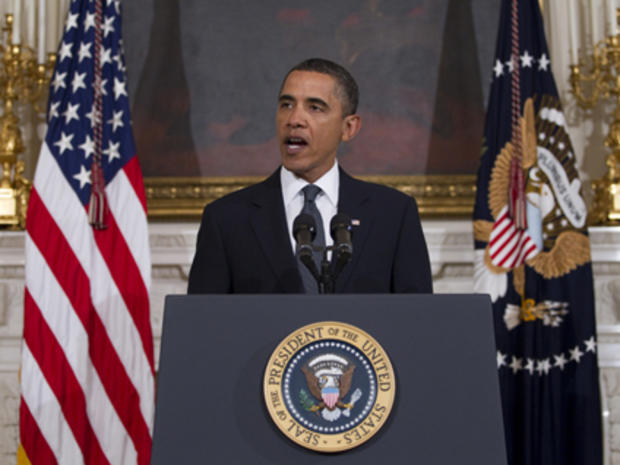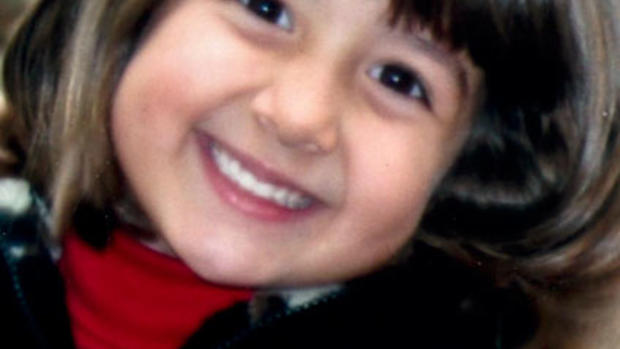A Different White House Emerges After Tucson Tragedy
It wasn't long ago that quick response to crisis or tragedy wasn't President Obama's strong suit.
He was lambasted by liberals for responding too slowly to the gulf oil spill last summer, and by Republicans for his slow and initially low-key response to the attempted bombing of an airliner on Christmas Day 2009.
But this time it's like a different White House.
They'll resist this interpretation, arguing that they're very different situations, but the president and his advisers appear to have learned from those earlier incidents. What they learned is how important it is for the president to be out in front quickly, to take control, to be the nation's unquestioned leader, the man people look to for guidance and yes, even comfort, when tragedy strikes.
The president's natural inclination is to get the facts first, then respond. But on Saturday, he released his first statement almost immediately after the shooting, calling it an "unspeakable tragedy."
Later that day, an on-camera statement that sought to demonstrate that the president -- who's been criticized for seeming remote or even Spock-like -- was emotionally in-tune with a shocked nation: "What Americans do at times of tragedy is to come together and support each other," he said. "So at this time I ask all Americans to join me and Michelle in keeping all the victims and their families, including Gabby, in our thoughts and prayers. Those who have been injured, we are rooting for them. And I know Gabby is as tough as they come, and I am hopeful that she's going to pull through."
Special Section: Tragedy in Tucson
Saturday, he also called Gabrielle Giffords' husband, astronaut Mark Kelly, and numerous public officials.
Sunday the rapid fire response continued: he called family members; issued a proclamation lowering flags to half-staff; called for a national moment of silence.
On Monday, Tucson was again his top focus: the moment of silence; more calls to families; and on-camera remarks in the Oval Office, complete with a Reaganesque hat-tip to the heroes: "I think it's important for us to also focus, though, on the extraordinary courage that was shown during the course of these events: a 20-year-old college student who ran into the line of fire to rescue his boss; a wounded woman who helped secure the ammunition that might have caused even more damage; the citizens who wrestled down the gunman."
And again, he made clear that he feels the nation's pain: "[A]s president of the United States, but also as a father, obviously I'm spending a lot of time just thinking about the families and reaching out to them."
In fact, the White House says that's a pretty good preview of what the president will say Wednesday night at the Memorial Service in Tucson. He will, a White House advisor tells me, devote most of his remarks to memorializing the victims.
John Dickerson: Can Obama Find the Right Words?
Giffords Moves Arms, Survival Odds "101%"
Poll: 45% Say Politics Motivated Jared Loughner
Jared Loughner's Parents "Hurting Real Bad"
Anyone looking for the president to join the fray over gun control, or to blame Republicans for violent campaign rhetoric, will be disappointed.
One theme may be tolerance. But more than anything else it will be a much fuller version of what he said Monday in the Oval Office: "Right now, the main thing we're doing is to offer our thoughts and prayers to those who've been impacted, making sure that we're joining together and pulling together as a country."
The White House sees this as an occasion to rise above the partisan furor, to take the high-road, to show the kind of presidential leadership that has sometimes eluded him in the past.
Chip Reid is CBS News' chief White House correspondent. You can read more of his posts in Hotsheet here.

